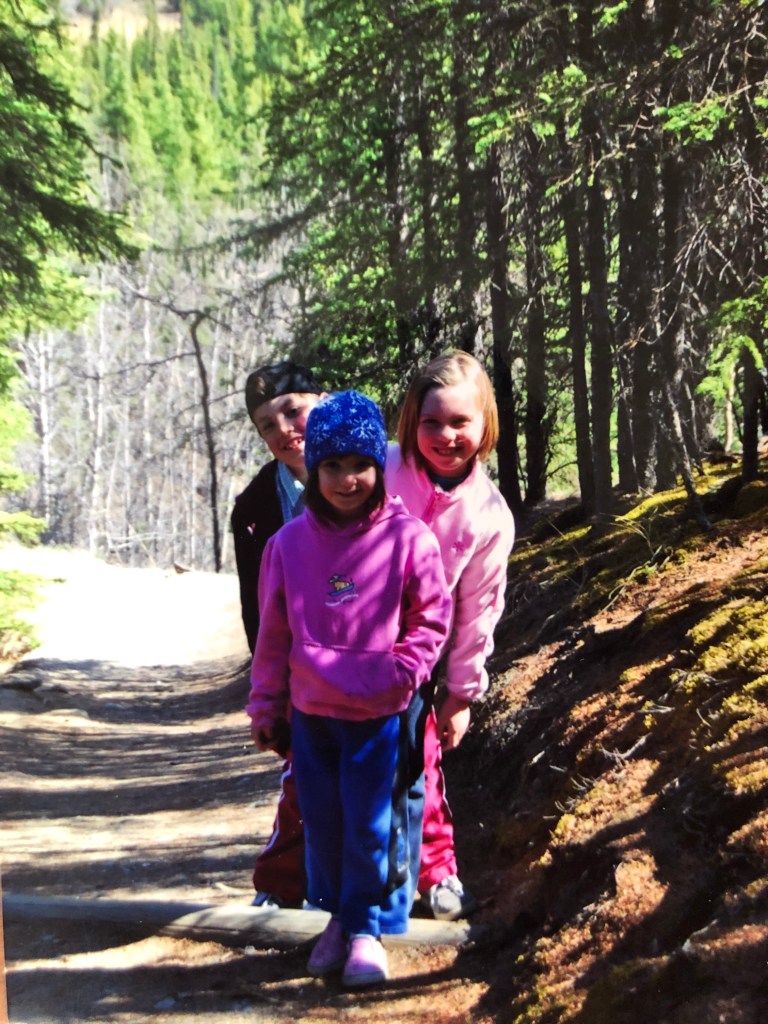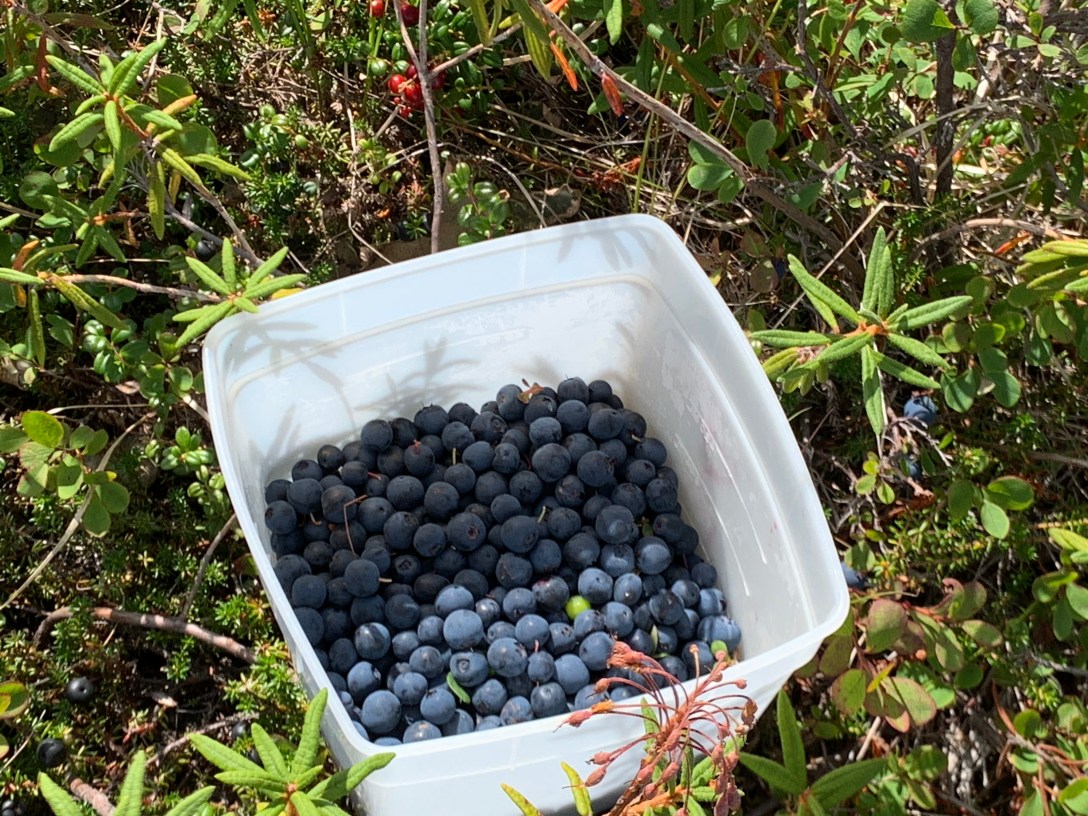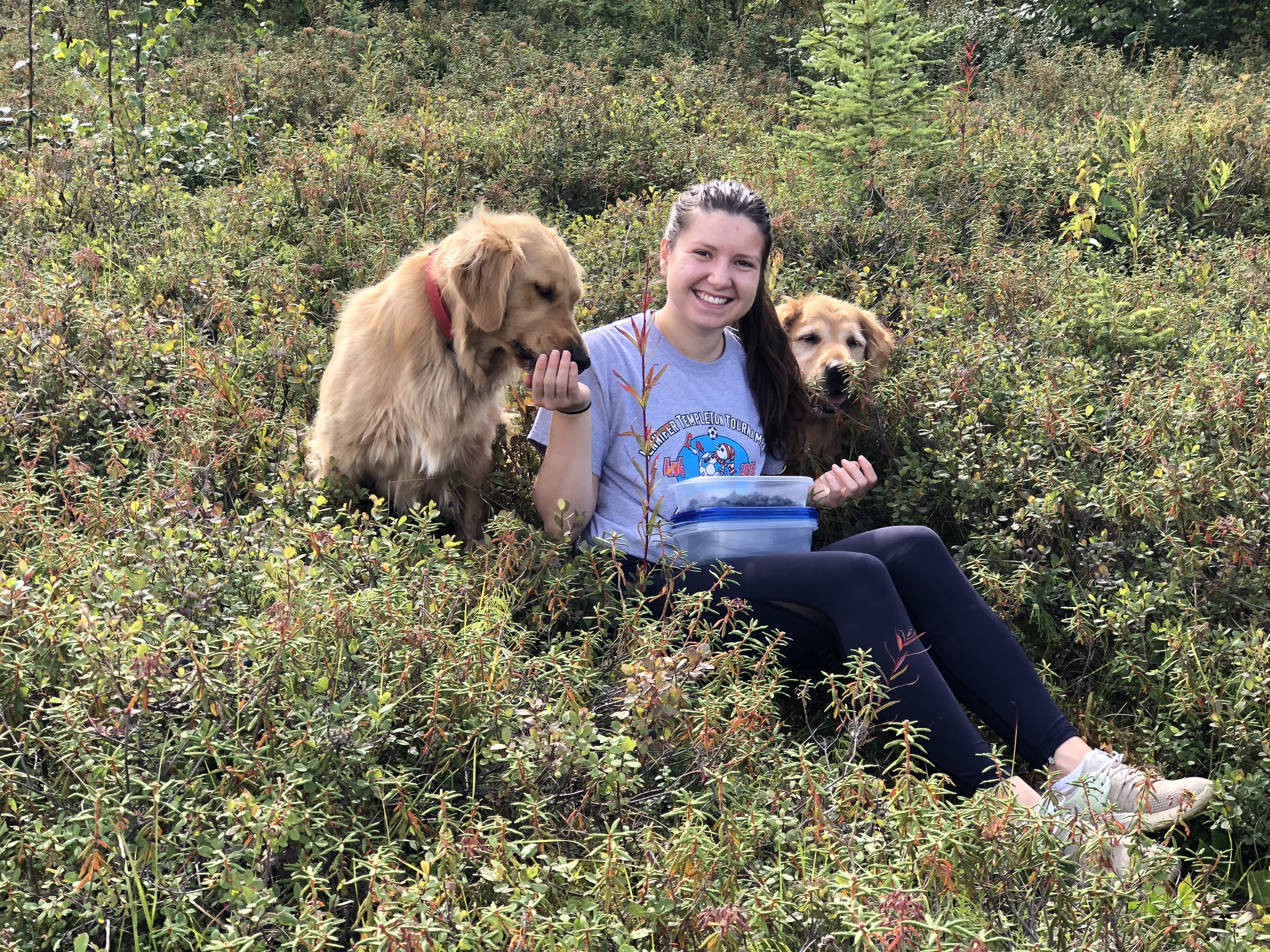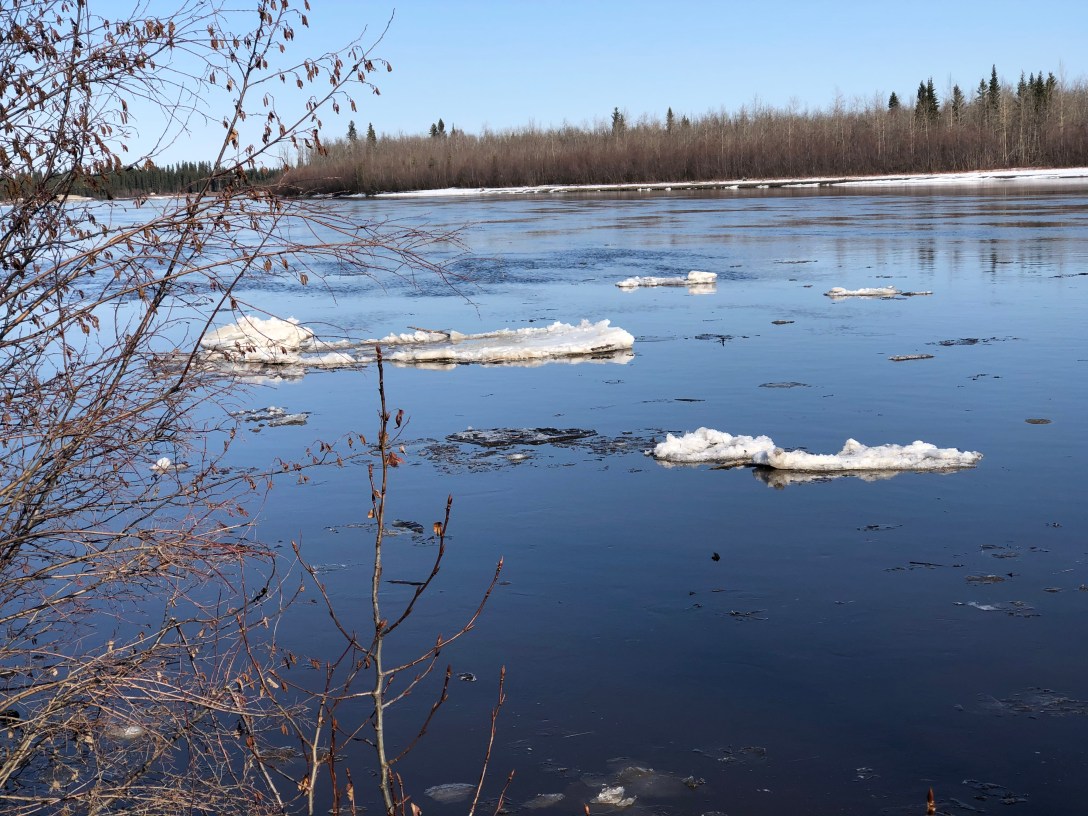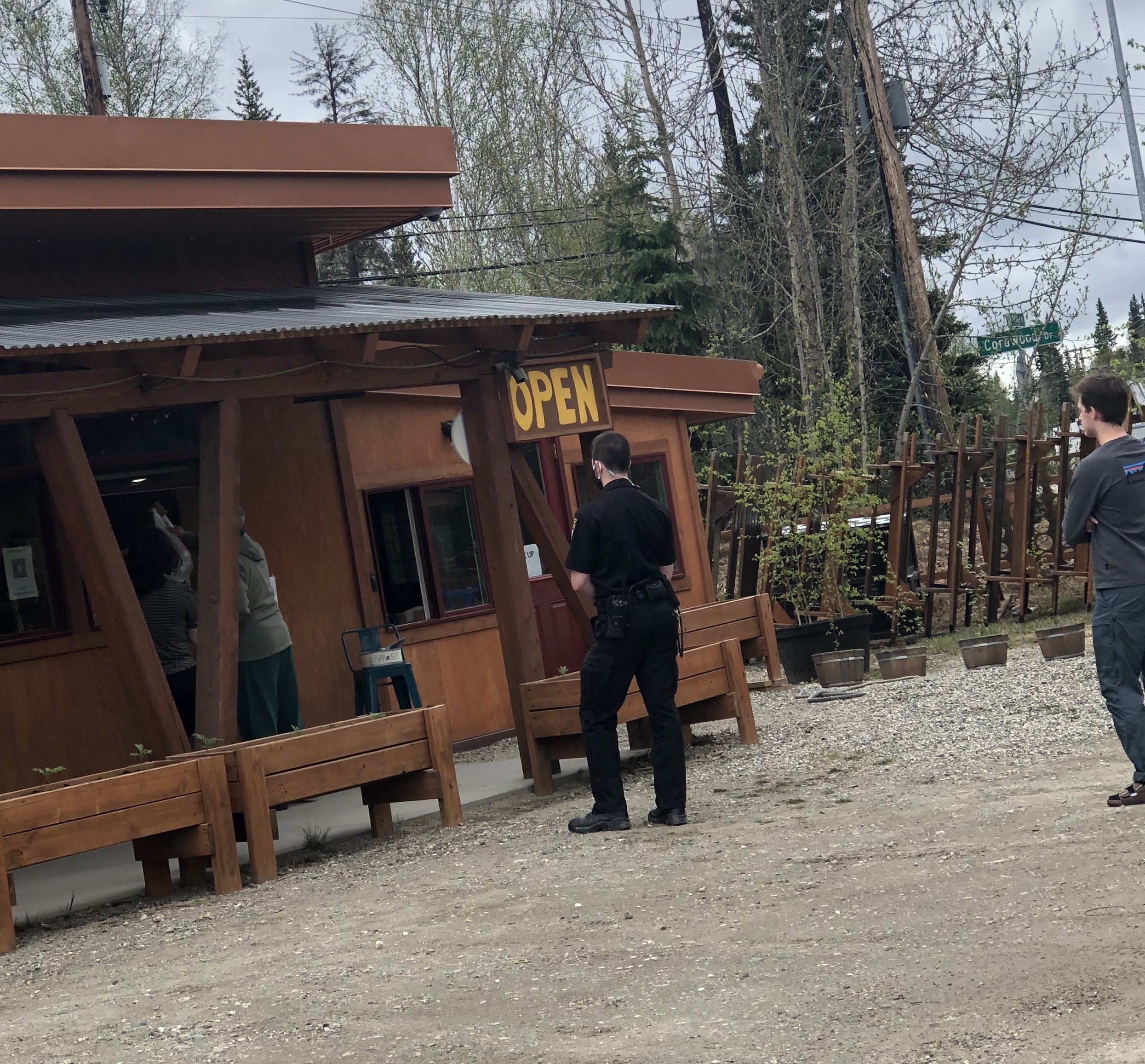When my children were three and five, they stood with their friend Roan and gazed across the Tanana Valley towards the Alaska Range Mountains in the distance. It was a clear October day and the air was crisp. The tundra had turned shades of rust and ochre. Clearly visible, just below the serrated, snow-covered peaks of the mountains were the “piano keys.”
The alternating black and white streaks were left by the effects of geological striation. They looked like a perfect keyboard. “A giant plays the piano on them,” Roan explained earnestly. Yanni and Helen, unblinking, nodded solemnly. Her words carried weight. She was, after all, their senior by all of three months.
In the blink of an eye all three grew up and traveled south beyond those mountains to the lower 48 States. They parted from their juvenile games and went in different directions to start college, kindled by what life could teach them. They could not have known what a strange and unfamiliar world they would encounter soon after. Just as they had settled themselves into an academic routine, made new friends and found a foothold in their life away from home, a pandemic swept through the world. It rapidly took over, infecting and sickening and killing. It swiftly replaced their bucolic college existence with a bizarre world of strict rules and regulations.

At first, the measures sounded reasonable. By adhering to them, the pandemic could be suppressed more quickly. Thus, they abided by a “de-densified” campus, with a portion of the student population asked to remain away until Spring so that single rooms could be granted to those in residence. They would get used to campus pathways that were eerily still. They could grow accustomed to hybrid classes, which often consisted of solitary learning on a computer, interactions limited to a band of faces peering at them in zoom classes. They would familiarize themselves with libraries and lounges and gathering spots that were stripped of furniture to discourage mingling. One-way hallways and plexiglass partitions and virus testing stations could be accommodated. They would even sign “contracts” to minimize contact with others and promise not to gather secretively in their dorm rooms.
In time, it became clear that the situation remained upended. Infections were swelling. Deaths were escalating. Marches and riots were organized because of politics and police protests and pointed fingers. People were edgy and nerves high-strung. Even on campus, the “covid police” patrolled the crisscrossed paths, taking photos to report noncompliance and non-mask wearing students.
What was happening to the world?
It is the stuff that strange fairy tales are made of. The stories of our youth took place in distant, fantastic, make-believe lands. Only now we find ourselves in the midst of one. We used to listen, from a safe distance, to far-fetched tales that were tinged with danger and peril: stories about escaping witches in dark forests and harmful potions and fire-breathing dragons. Now we have become the protagonists of the tale.
Maybe it is time to use the fairy tales to our advantage. We can embrace again the appeal of those childhood stories. They always included a moral lesson. Obstacles were overcome by hard work. Generosity and kindness were rewarded. Good triumphed over evil. Like the heroes of our tales, we are capable of reflecting and adapting and being present for others. Together we can conquer our plight, steer towards a “happily ever after” and trust that the world will be well again.
Just like a trio of kids who, many years ago, believed in giants playing sonatas from the mountaintops in a great symphony for the world to hear.
